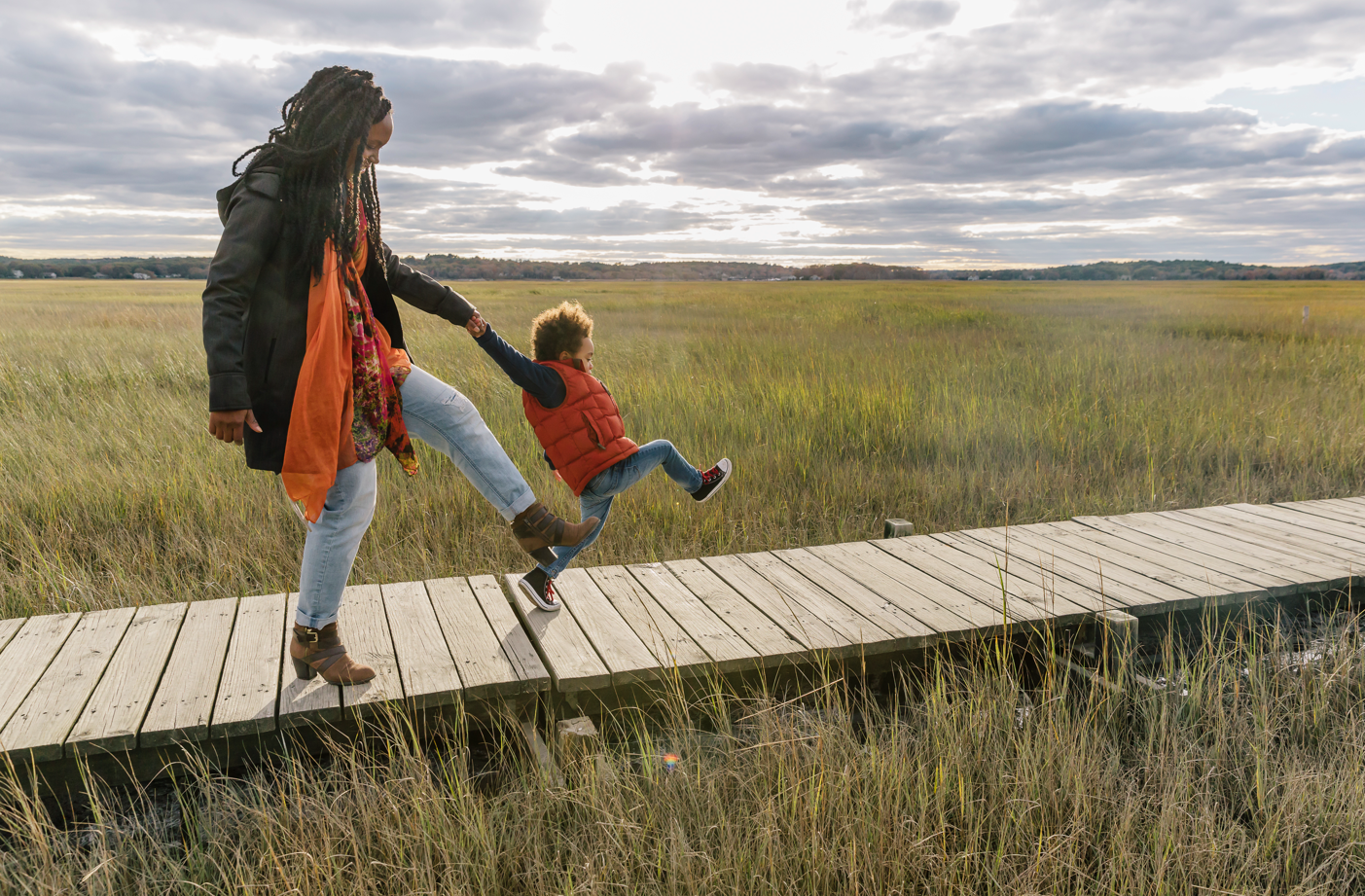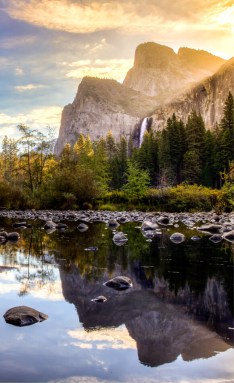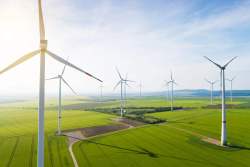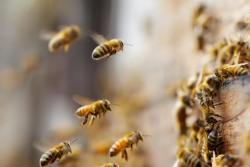The scientific evidence couldn’t be clearer: the increasing concentration of greenhouse gases in the atmosphere caused by human activity is warming the planet. The time for collective action – by individuals, companies, governments and international organizations – is right now. We at Facebook have a responsibility to do what we can to help slow warming and help make climate science more accessible.
At Facebook, our approach to fighting climate change is twofold: we’re eliminating our own carbon footprint and are working to get our suppliers to be net zero and our operations to be water positive by 2030 — while we work to increase access to authoritative sources of climate information and decrease misinformation, especially viral hoaxes around climate science and climate-related disasters. We’re taking these actions because they’re an absolute necessity for large corporations in a position to make a difference. Society has no choice but to innovate — and everyone from Facebook to you and your neighbor can take action on climate.
Connecting People With Authoritative Climate Information
One of the biggest lessons we have learned from the COVID-19 pandemic is how powerful Facebook can be for connecting people to accurate, expert advice and information during a global crisis. This was clear in a recent survey that we ran in partnership with the Yale Program on Climate Change Communication on the Facebook app in over 30 countries and territories. While more than three-quarters of people believe that climate change is happening, and 7 in 10 people were supportive of the Paris Climate Accord, the majority of people feel they still need more information about climate change.
That’s why we launched the Climate Science Center on Facebook last year. It’s an online space dedicated to authoritative, factual resources from the world’s leading climate organizations. More than 100,000 people visit the Center each day. In the next few weeks, it will be available in more than 100 countries with content from over 250 partners, and regularly features everyday actions anyone can take to combat climate change — and we’re always adding more features.
For example, we expanded our existing Community Help tool to make it easier for people to organize and participate in climate-action cleanup and awareness activities in their local community. We continue to add new facts to the Facts About Climate Change section in consultation with climate communication experts from the Yale Program on Climate Change Communication, University of Cambridge and Monash University. And we’re adding informational labels to some posts on climate change in more than a dozen countries that direct people to the Climate Science Center to find out more about these topics.
Combating the spread of climate misinformation
Finally, we’re taking steps to reduce the spread of climate-related misinformation when it appears on our platforms. We’ve done some investigations into this problem and when we’ve looked at the data, we see that misinformation makes up a small amount of the overall content about climate change on our apps. Climate change misinformation also makes up a very low percentage of total misinformation. That’s not to say climate misinformation is a small problem. Rather, it’s a problem that tends to spike periodically when the conversation about climate change is elevated, such as during extreme weather events.
That’s why we work with a global network of over 80 independent fact-checking organizations who review and rate content, including climate content, in more than 60 languages. Our fact-checking partners have rated a range of climate-related claims from outright denials about the existence of climate change — such as human-caused climate change is a hoax and is part of a natural cycle, and that CO2 can simply be absorbed by plant life and is an insignificant contributor to greenhouse gases — to claims about breaking news and technical debunkings on the effects of solar irradiance, Great Barrier sea temperature change, and comparisons of recent volcano emissions with Germany’s reduction targets.
When they rate content as false, we add a warning label and move it lower in News Feed so fewer people see it. We don’t allow ads that have been rated by one of our fact-checking partners. And we take action against Pages, Groups, accounts, and domains that repeatedly share false claims about climate science. You can read more here about how we enforce penalties against people who share fact-checked content, including penalties against people who repeatedly share it.
We also recently announced our $1 million investment in a Climate Misinformation grant program, which will invest in proposals that build alliances between fact-checkers, climate experts and other organizations to support projects that focus on combating climate misinformation. Our goal is to support organizations working to combat climate misinformation and spur new solutions.
Ahead of important climate events like COP-26 and Earth Day, we activate a feature we use during these events to utilize keyword detection to gather related content in one place, making it easy for fact-checkers to find — because speed is especially important during critical public events or when breaking news hits. We’ve also used this feature to group content about COVID-19, the US southern winter storms, wildfires in California and Australia, elections in Brazil, Myanmar, India and the US, and other events.
Still, to avoid the worst impacts of climate change, we still have much farther to go to limit global temperature increase to 1.5 degree from pre-industrial levels. We’ll continue to do our part as we collectively halt and reverse this threat to our future.
News
Get the latest news about our sustainability work, download reports and case studies and explore our energy dashboards.
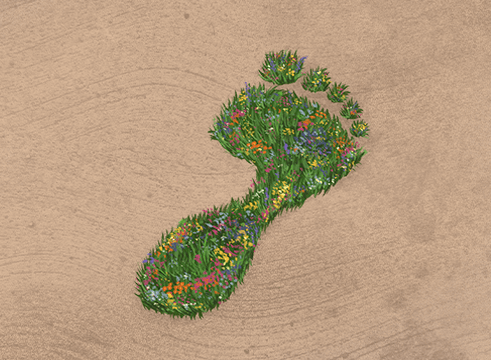
Episode 01: What is Sustainability?
Sustainability. It’s a buzzword, it’s a big word. It can mean everything and nothing. But what does “sustainability” even mean today? And does it have the same meaning for everyone? In this episode, host Sophia Li sits down with climate change educator Ariel Maldonado and filmmaker and activist Anya Sastry to discuss what sustainability means
November 1, 2021
Introducing Climate Talks
Climate Talks, a new podcast brought to you by Facebook, is a 6-episode series that features Facebook team members, partners, scientists, climate activists and influencers. Climate Talks is hosted by journalist Sophia Li, and each episode takes on sustainability topics from diverse perspectives to explore what the climate crisis asks of each of us. It
October 29, 20212023 Sustainability Report
We envision a just and equitable transition to a zero-carbon economy and are working to scale inclusive solutions that help create a healthier planet for all.
